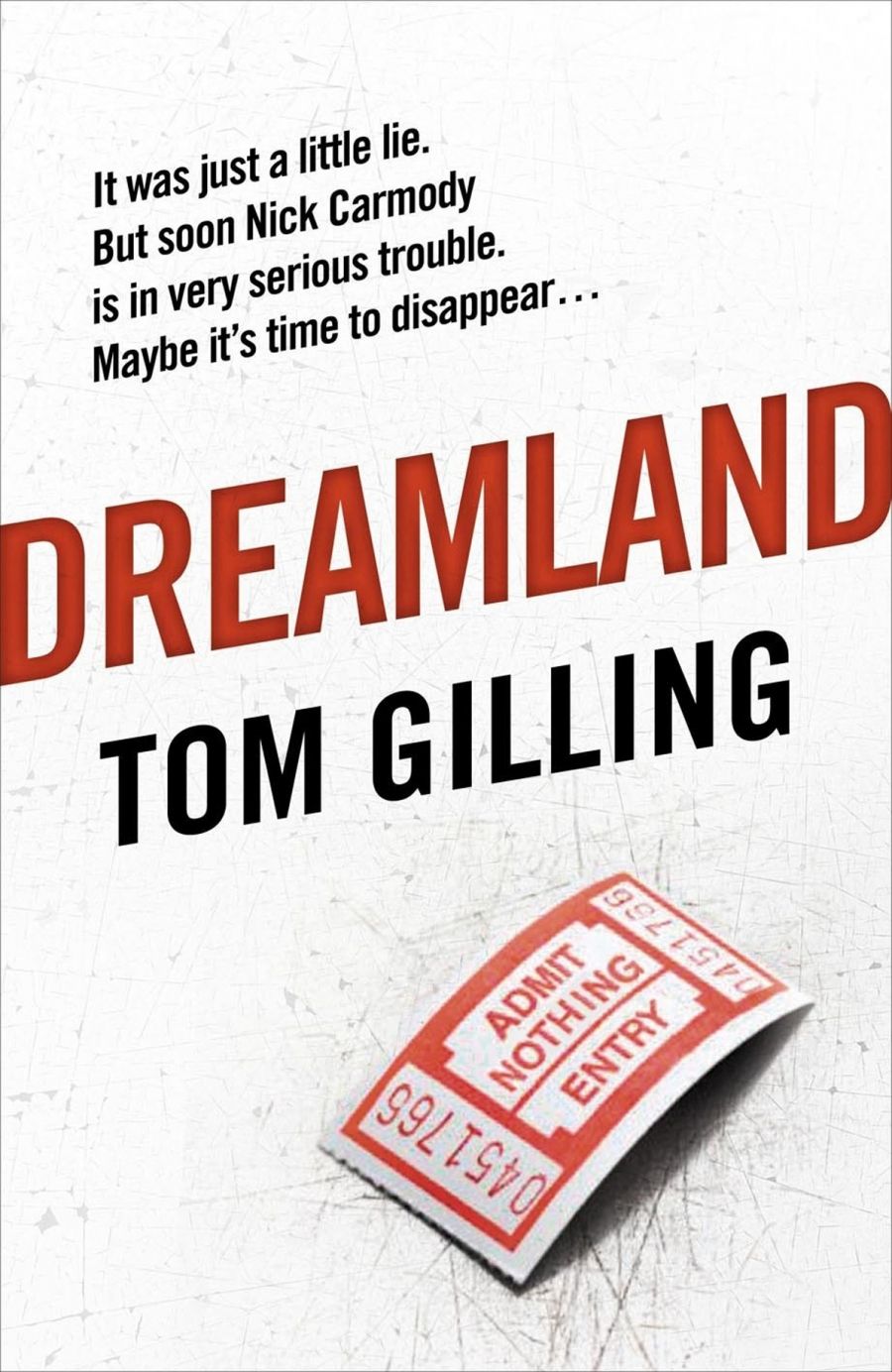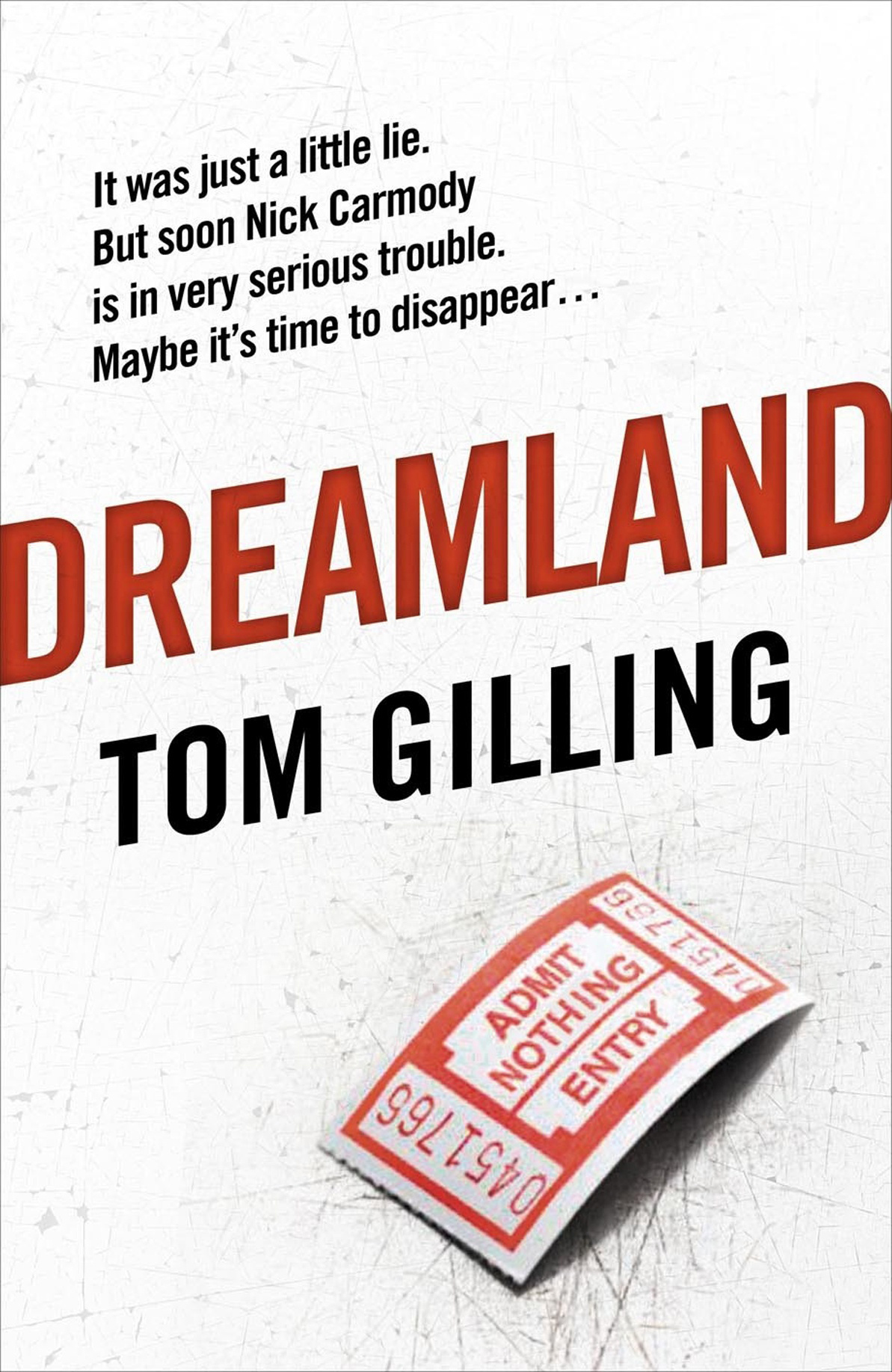
- Free Article: No
- Contents Category: Fiction
- Review Article: Yes
- Article Title: Down the moral slippery slide
- Online Only: No
- Custom Highlight Text:
Dreamland is the first foray into crime fiction of British-born writer Tom Gilling. His earlier novels, The Sooterkin (2000) and Miles McGinty (2001), were historically themed. His closest brush with the world of crime was Bagman, the posthumous memoir of the corrupt Queensland cop Jack Herbert, co-authored in 2004.
- Book 1 Title: Dreamland
- Book 1 Biblio: Text, $32.95 pb, 221 pp
- Book 1 Cover Small (400 x 600):

- Book 1 Cover (800 x 1200):

Grogan Sr’s company has its influential fingers in many pies, the largest of them being Dreamland, built on the North Shore site of an Edwardian amusement park of the same name. The original mysteriously burned down after a take- over by a Grogan Constructions subsidiary. This is a tale all too familiar in St Kilda, where I live and where, since the 1920s, fires – some accidental, others not – have paved the way for new developments on the foreshore. Fire becomes a recurring theme in Dreamland. Torched vehicles abound, and a house fire ends the life of a ‘baddie’.
Carmody is right on the money about the amorality of privilege. Shortly after the wake at The Crypt, Grogan Sr invites him to take the rap for Danny, who has been filmed speeding and faces a jail sentence if convicted again. The offer comes with a cool $100,000 payoff, with a down- payment. Carmody reaches a fork in the road. His wife has left him, he is sleeping in a colleague’s spare room, bored out of his brain subbing on the night desk of the Daily Star. Without really thinking about it, he agrees. Thus begins his descent down the moral slippery slide. Carmody becomes the accidental, almost existential, man on the run.
Danny Grogan’s offence, of course, turns out to be much more complicated than mere speeding. On an impulse, Carmody steals a panel van and another man’s identity; he ends up driving taxis in Melbourne. Although he disposes of the van, his new identity as Kevin Chambers is not as straightforward as he assumed.
In the first half of the book the action moves swiftly, but it flags in Melbourne. A car accident finds Carmody romancing the driver of the other vehicle, a flight attendant named Alison Lake. The scenes with her are possibly one of the reasons why the plot goes off the rails. Gilling strains to evoke the atmosphere of the old American hard-boiled crime world of Dashiell Hammett, with the flawed but basically decent hero set up against the sexy but manipulative ‘main squeeze’. Gilling points the way less than subtly: Carmody tells Lake his favourite film is The Maltese Falcon (hers is Thelma and Louise). Another gesture to the hard- boiled tradition is the name of the crime reporter on the Daily Star, Michael Spillane. This sort of referencing works in the television series Without a Trace, where the female detective is Sam – as in Samantha – Spade, because it isn’t signposted. In Dreamland it is a bit superfluous. We are also meant to make other associations: the name Kevin Chambers recalls the Australian heroin traffickers Kevin Barlow and Brian Chambers, who were executed in Malaysia in 1986.
While Gilling has some nice turns of phrase, the plethora of coincidences and forced associations stretch credibility. A passenger in Carmody’s taxi conveniently turns out to be another St Dominic’s old boy. There are far too many fires and hit and runs. Lake explains her behaviour by a convoluted and ultimately unconvincing rationale.
Gilling’s depiction of Carmody is, by contrast, compel- ling. Carmody’s journey is one of gradual self-realisation as he begins to understand that he is far from being in control of his life. He fears that Kevin Chambers, Grogan Sr, old school chums and other unnamed forces are out to get him. While Carmody feels responsible for the fates of others, he remains profoundly deluded about his life, his choices, his fate. ‘Life’, he professes, ‘was an unrelenting succession of lies.’ The ending is a neat twist on this existential despair, with Carmody taking a jaunty Ripley-like step into a different sort of future. His appeal is that he is simultaneously a hero and anti-hero.
Gilling obviously enjoys reading crime fiction and reveals a deft hand with nearly every ingredient essential for a good crime story. With a bit more plotting and fewer self-conscious allusions to the genre, Gilling could make a name for him- self in the increasingly competitive Australian crime fiction market. Dreamland’s narrative possesses a comic potential which Gilling does not exploit. It is a missed opportunity when wry humour is one of the hallmarks of the noirish stories Gilling so patently admires.


Comments powered by CComment